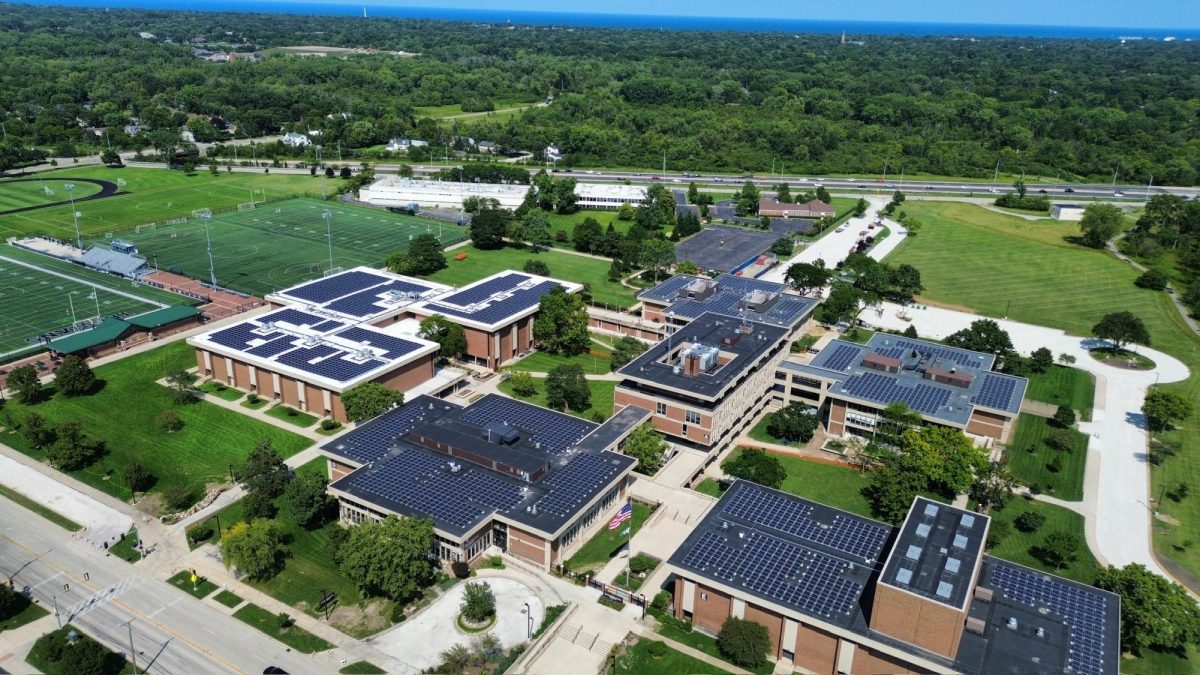A day after President Donald Trump took office, he reversed 14-year-old guidance that forbids U.S. Immigration and Customs Enforcement (ICE) from entering sensitive areas, such as schools, hospitals, and churches. Amid the uncertainty these changes bring, New Trier High School is not revising its long-standing policies and procedures on handling law enforcement.
When people who typically do not have business at New Trier (such as members of law enforcement other than the school resource officer) arrive on campus, security staff have been trained to contact an administrator. Superintendent Dr. Paul Sally said these procedures were reviewed with staff after the executive orders came out.
“One of the things we will make sure to do is call our legal counsel and make sure that we’re complying with our responsibilities to students and following the law,” Sally said.
Assistant Superintendent for Curriculum and Instruction Dr. Peter Tragos, who succeeds Sally in July, said there are specific warrants and court orders ICE would need to come to any campus.
“That is not something any school administrator would know. I mean, it’s a very legal kind of thing,” Tragos said. “This is why we, in any district actually right now, [are] working closely with their district legal counsel to know what is the appropriate type of warrant for an immigration official to be on campus and asking for either students or staff.”
Sally emphasized that the administration has always been prepared to tackle situations involving unexpected visitors.
Niles Township High Schools District 219 Superintendent Dr. Thomas Moore shared similar remarks to Sally and Tragos at their Board of Education meeting on Feb. 5. New Trier has sent no communication to the community about this subject as no procedures have changed, Sally said.
Illinois Superintendent of Schools Dr. Tony Sanders said that communities with high Latino populations in the state saw a decline in student attendance the week Trump was sworn into office. As of the publication of this article, there has been no confirmed report of ICE entering schools.
Assistant Superintendent and Winnetka Campus Principal Denise Dubravec noted the importance of paying attention to students and building upon teacher-student relationships. That way, if students look distressed, they can be connected with the proper support.
“We’re very fortunate that we have the adviser program in which an adult sees that student every single day. That’s very unique to most of our schools that are even from here to our consortium schools that we work with,” Dubravec said. “When [you] walk in the door, they can see you, they can check in with you, and that adult knows you.”
Sally said New Trier wants to create a sense of belonging for students.
“We are committed to educating all of our students, [and] having a safe, educational environment for all the students, regardless of their immigration status, family status, [and] anything about them,” Sally said.







































